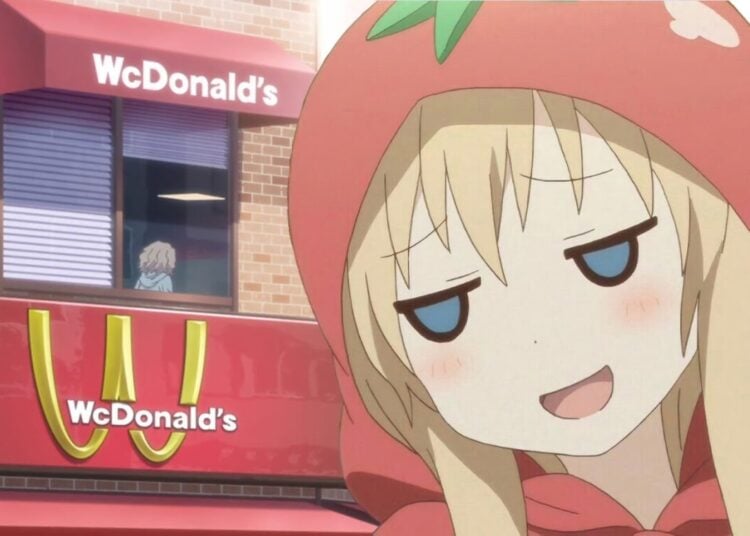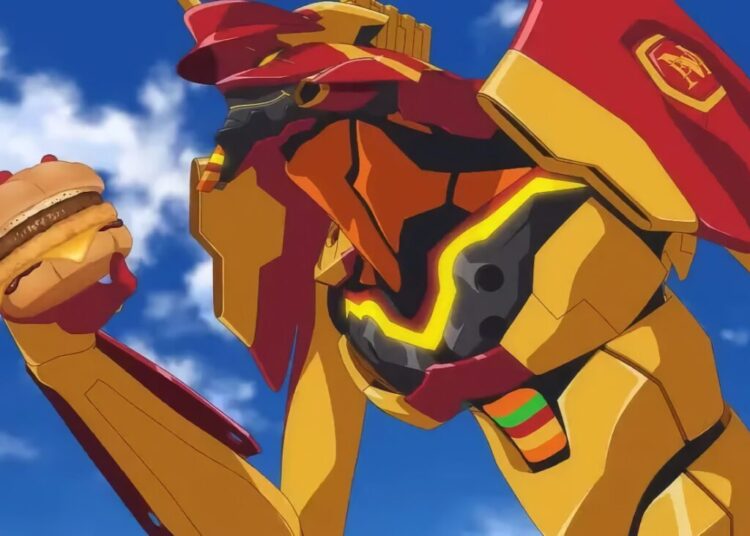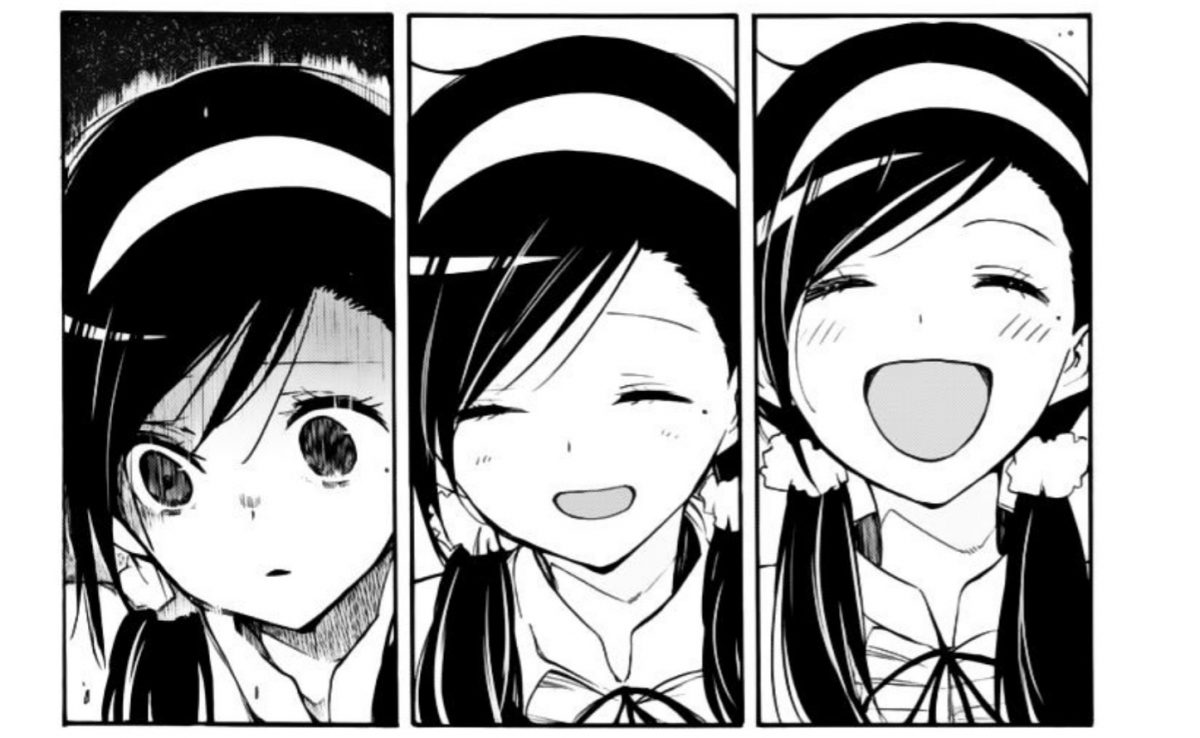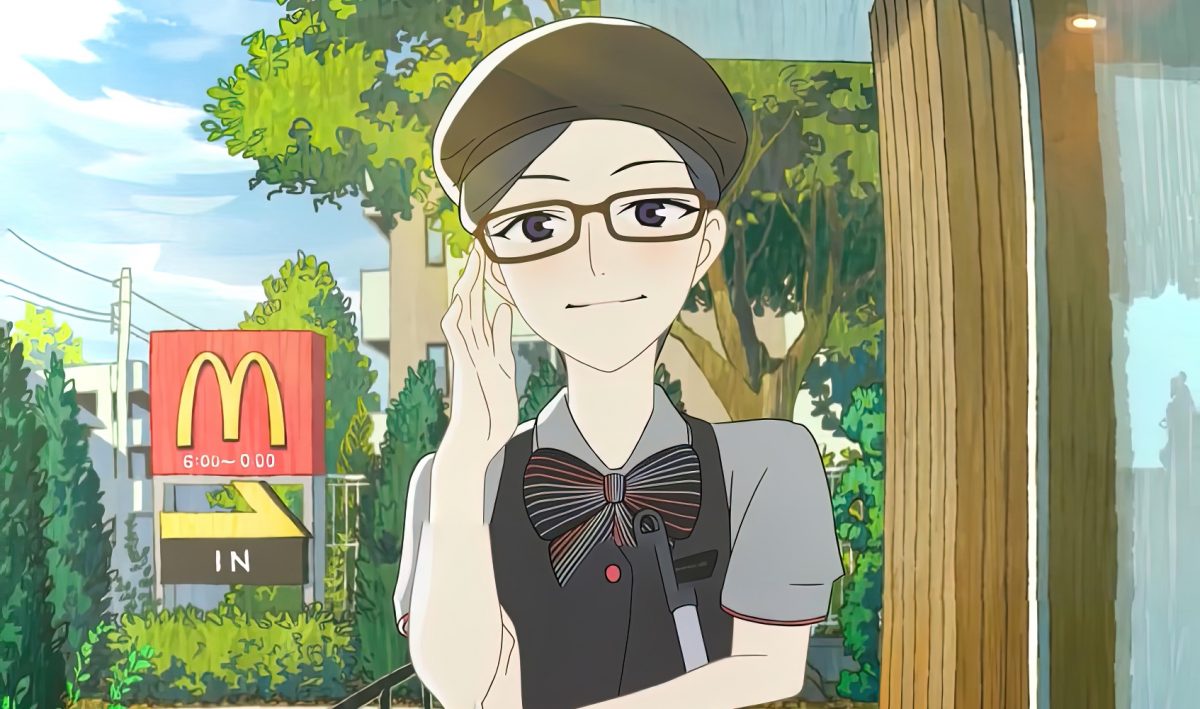It’s been an eventful few months for Japan’s economy, with the return to the conservative pro-business and oh-so-oddly-named Liberal Democratic Party to power last December. Now the task at hand is to jump-start Japan’s economy to get it growing again, but to do that they need to conquer the problem of deflation which has dogged the country for nearly two decades and kept wages flat. As a result of the bursting of the Tokyo Asset Bubble in 1991, prices in Japan have essentially stayed the same or slightly declined in the 20+ years I’ve been here, and while it’s nice to pay the same price for Teriyaki Chicken Bento in 2013 that I did in 1994, healthy economies are supposed to experience a small amount of inflation. The problem is, how can companies ever raise their prices after customers have been “trained” to expect stable or even falling prices after so long? McDonald’s is going to find out, and has raised its hamburger prices for the first time in years, from 100 to 120 yen. This has resulted in a lot of criticism by Japan’s snarky online users, who say things like, “Oh, are they going to start charging for the smile now?”

Raising prices is a challenge for companies in Japan.















